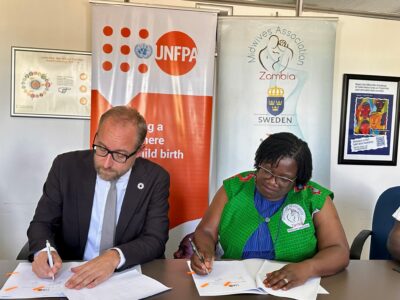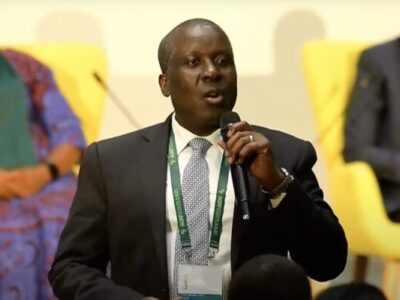Director of Public Prosecutions (DPP), Gilbert Phiri, has acknowledged that severe overcrowding in Zambia’s correctional facilities was hindering justice, with thousands of inmates awaiting trial in poor conditions.
In response, stakeholders in the criminal justice sector have introduced the Mobile Courts Pilot Project to ease congestion and enhance access to justice.
Zambia’s correctional facilities currently hold around 28,000 inmates—far exceeding their intended capacity of 9,150.
Speaking at the launch of the initiative at Lusaka Central Correctional Facility, Phiri highlighted the dire consequences of overcrowding, including human rights violations, inadequate infrastructure, poor hygiene, and limited rehabilitation services.
The Mobile Courts, supported by the Embassy of Ireland and the Irish Rule of Law International, will allow magistrates and, eventually, High Court judges to conduct sessions within correctional facilities.
The initiative aims to expedite bail applications, case reviews, and the resolution of minor offenses without requiring inmate transfers to traditional courtrooms.
Lusaka High Court Judge-in-Charge, Charles Zulu, noted that many detainees remained behind bars for bailable offenses due to a lack of legal representation or awareness of bail procedures.
Others are incarcerated for minor infractions or have already served sentences longer than their prescribed penalties.
“This project is a major step toward improving access to justice. It will enable updates to court records, adjustments to bail conditions, and, where necessary, the dismissal of cases the state is not pursuing,” Judge Zulu said.
He added that the initiative would also ease transport constraints faced by the Zambia Correctional Service and the police.
The Mobile Courts will complement the existing Visiting Justice Programme, which allows judicial officers to assess prison conditions.
Combined, these efforts aim to streamline the criminal justice system and uphold the dignity and rights of detainees.
Irish Ambassador to Zambia, Bronagh Carr, praised the project’s potential to reduce pressure on the correctional system.
“Justice should not be confined to traditional courtrooms. By bringing courts to the inmates, we ensure justice reaches those who need it most,” she said.
Read More: DPP seeks forfeiture of K8.1 million linked to fraudulent gold transactions
Sara Larios, Executive Director of Undikumbukire Project Zambia, emphasized the broader impact of the initiative.
“For many, seeking justice is fraught with barriers—geographic, financial, or systemic. Mobile courts provide a practical solution, ensuring even the most marginalized individuals have their voices heard,” she stated.
The National Prosecution Authority has pledged continued support, expressing hope that the initiative will be integrated permanently into Zambia’s justice system rather than remaining a temporary pilot project.
Phiri reaffirmed that collaboration between the Judiciary, Legal Aid Board, Zambia Correctional Service, National Prosecution Authority, and civil society organizations would drive meaningful change, reinforcing the principle that justice should be swift, fair, and accessible to all.
WARNING! All rights reserved. This material, and other digital content on this website, may not be reproduced, published, broadcast, rewritten or redistributed in whole or in part without prior express permission from ZAMBIA MONITOR.












Comments